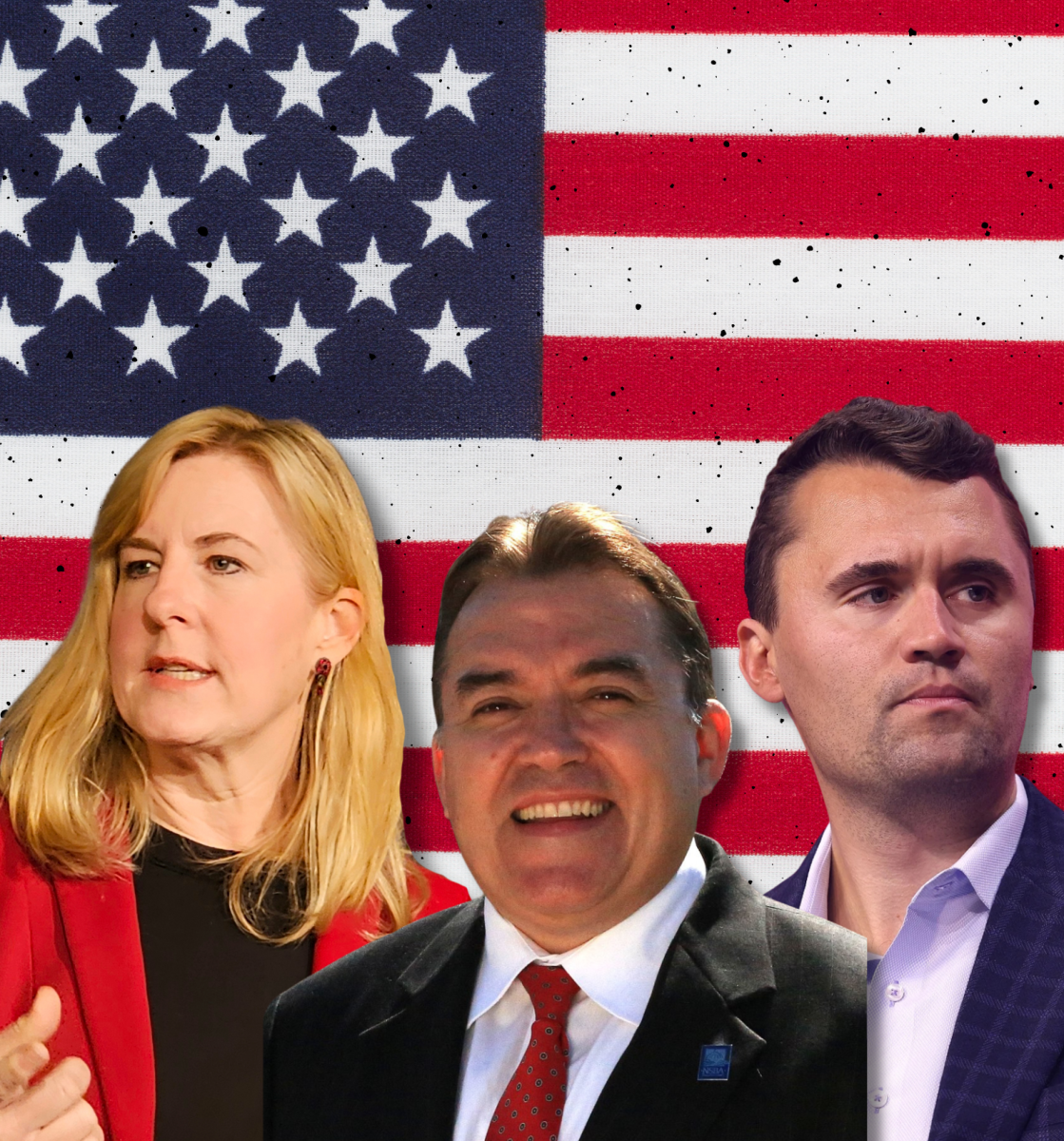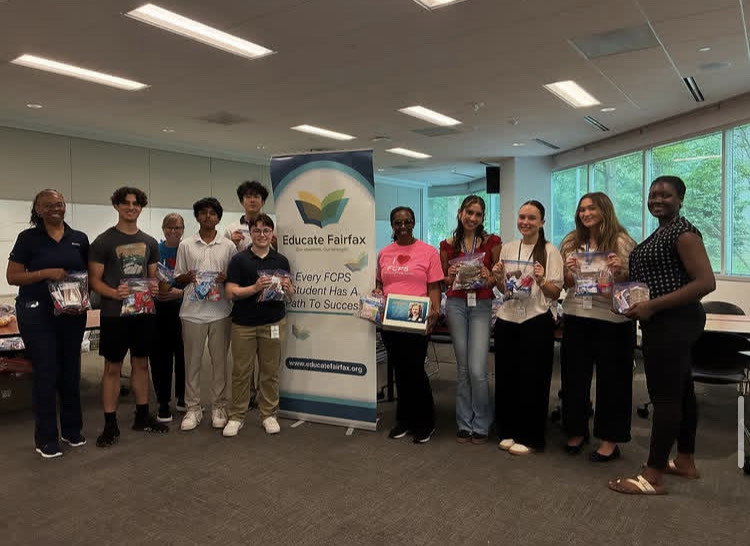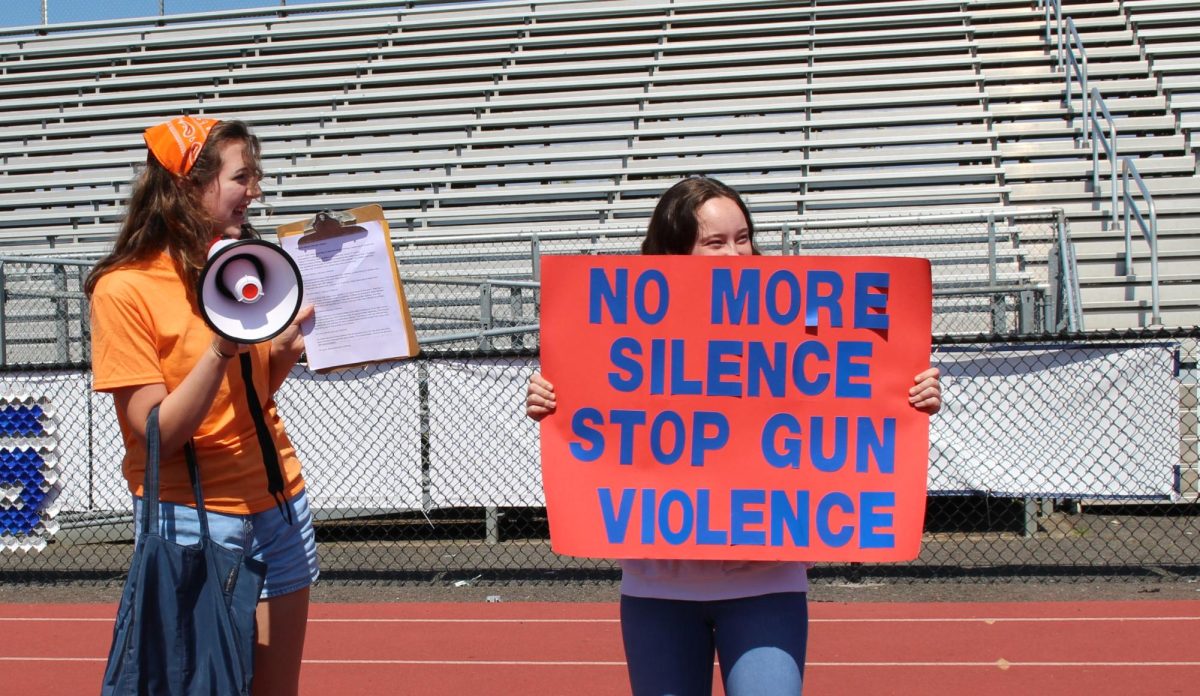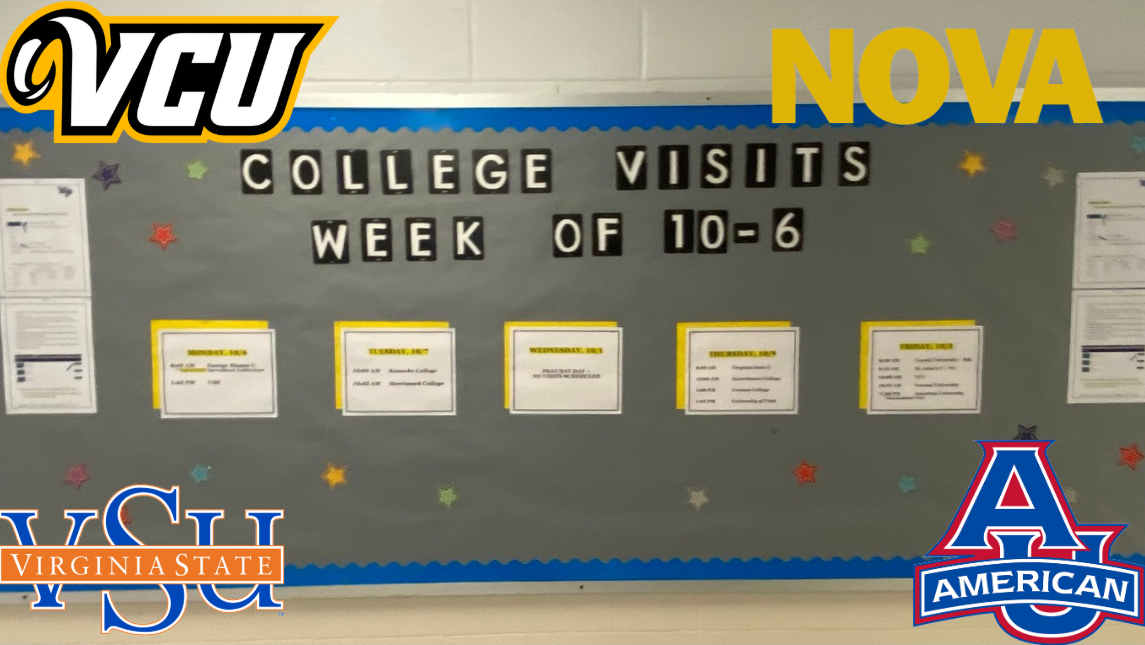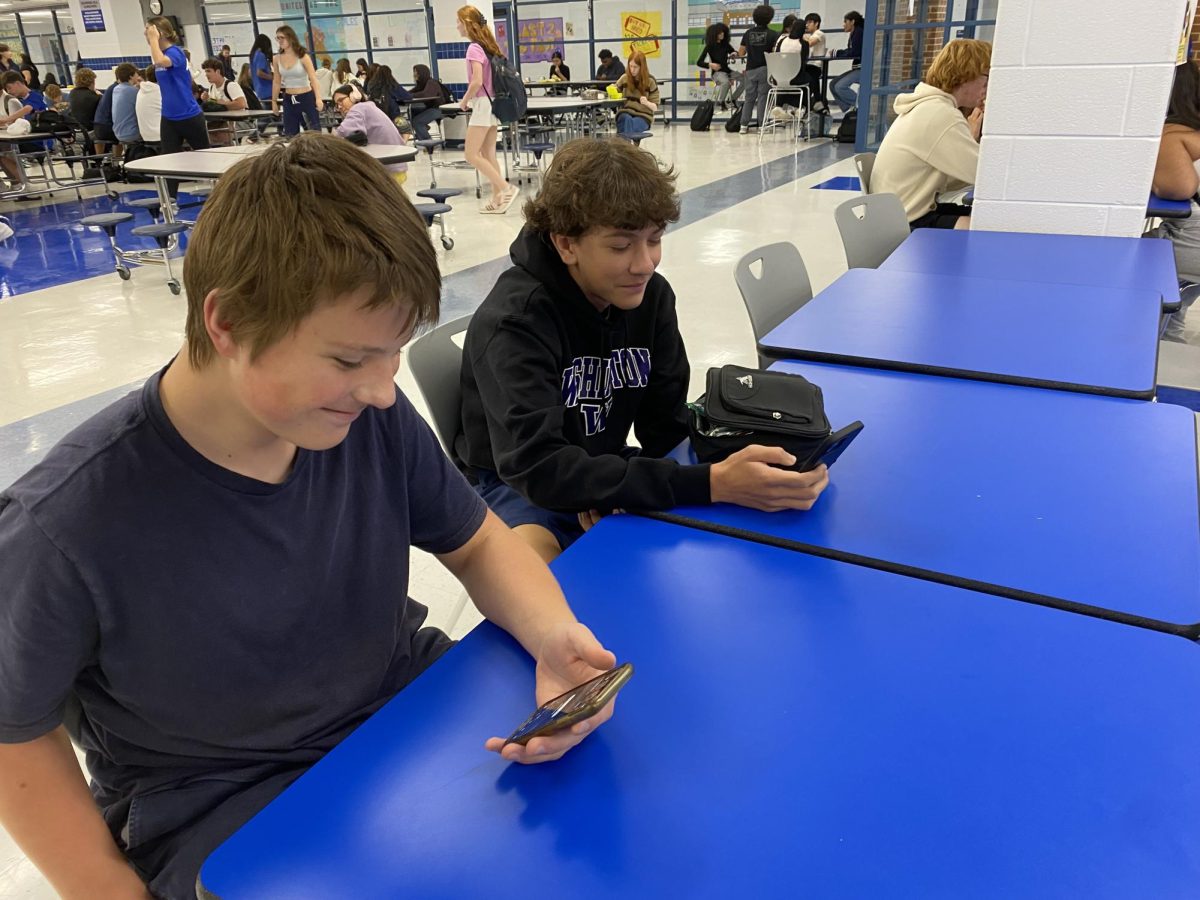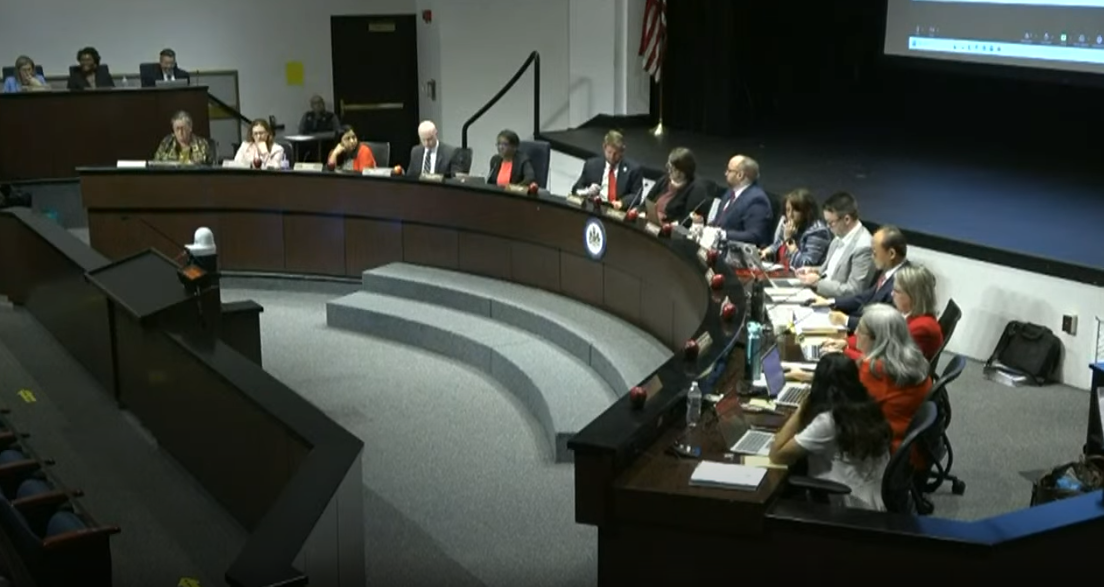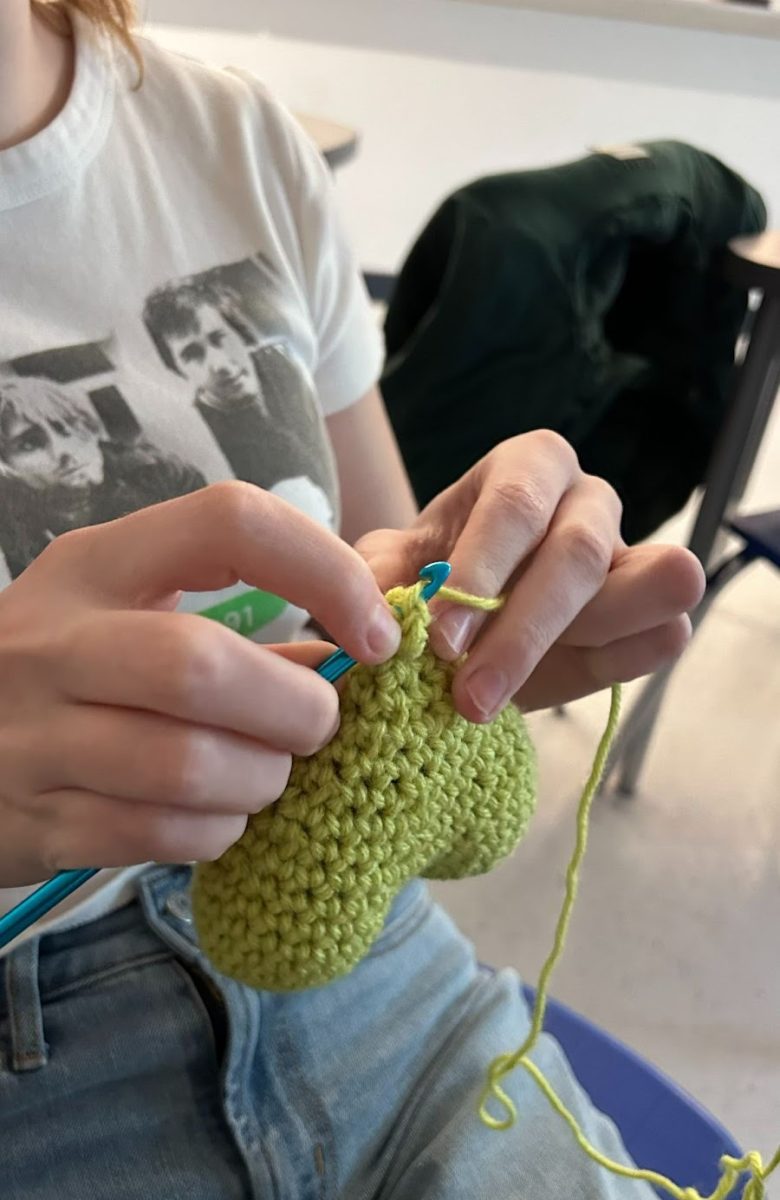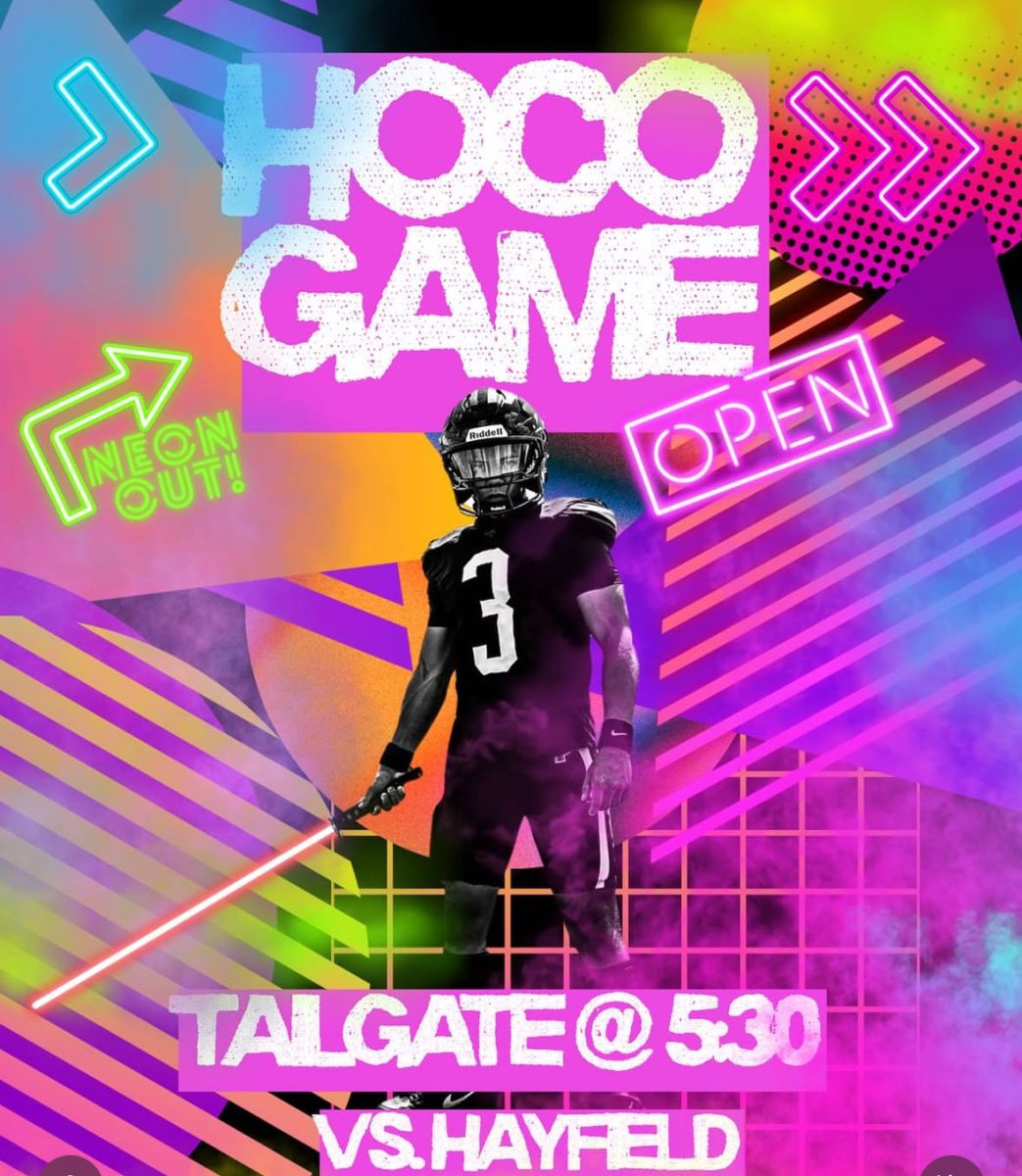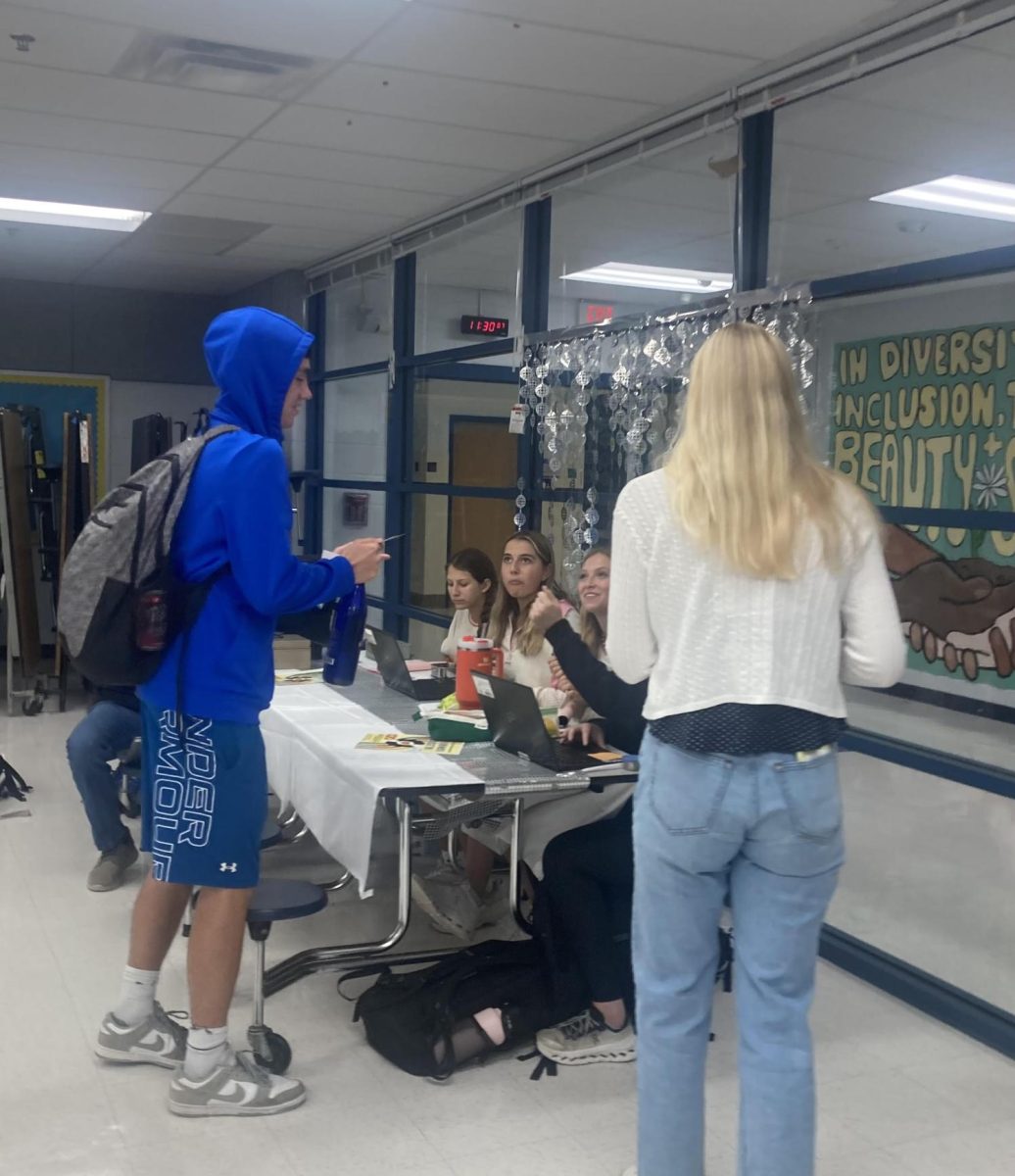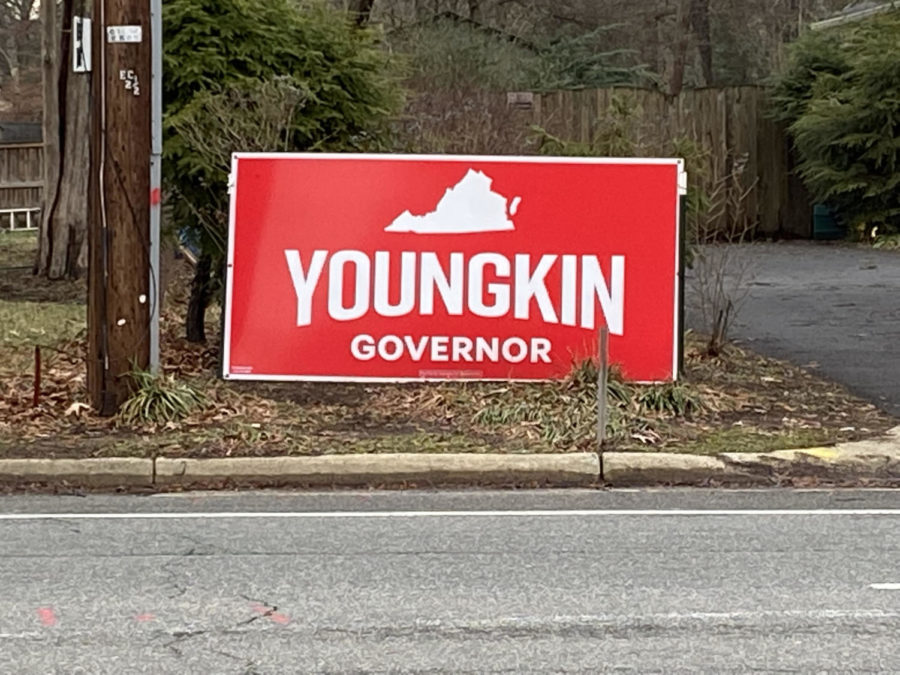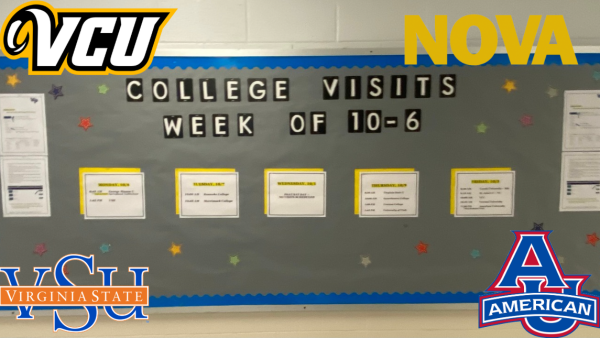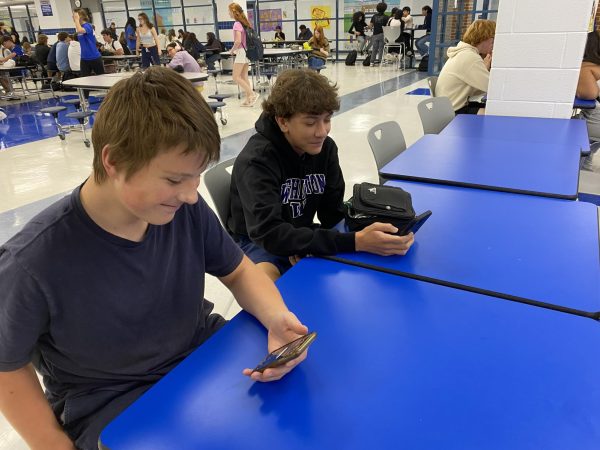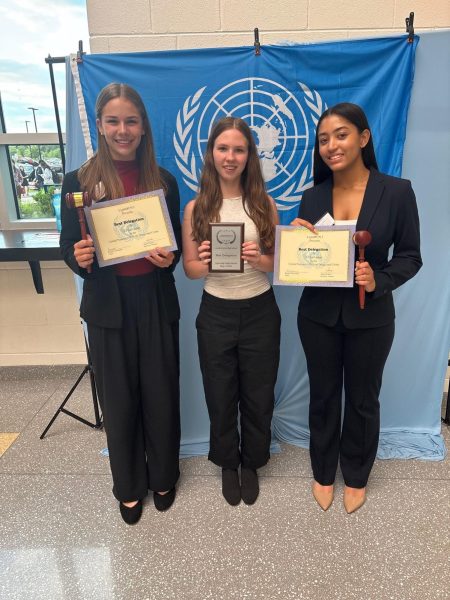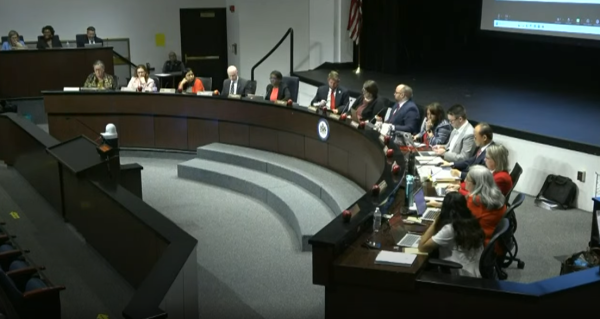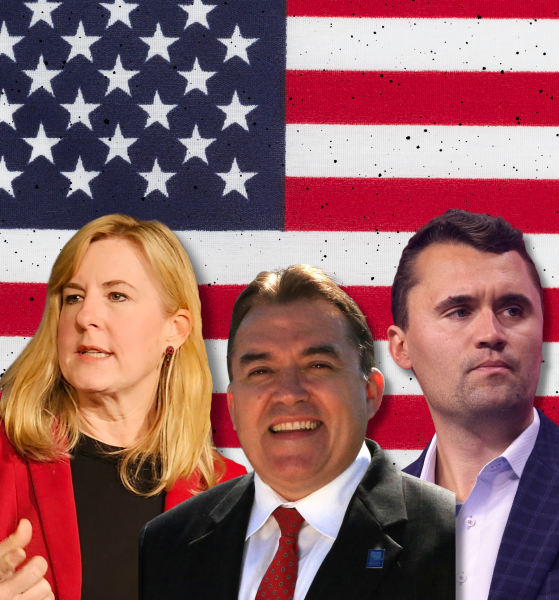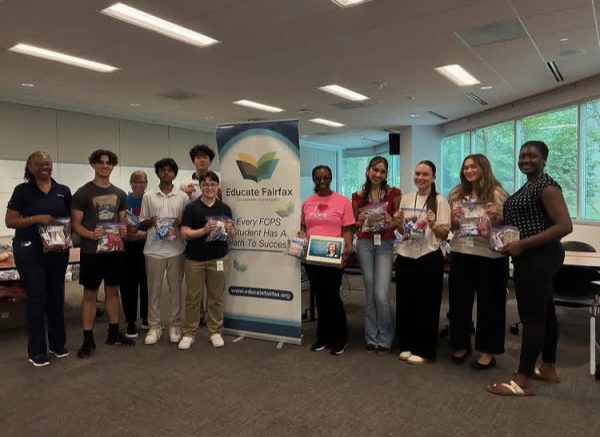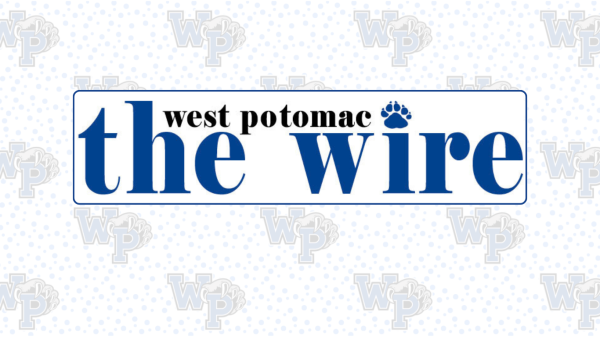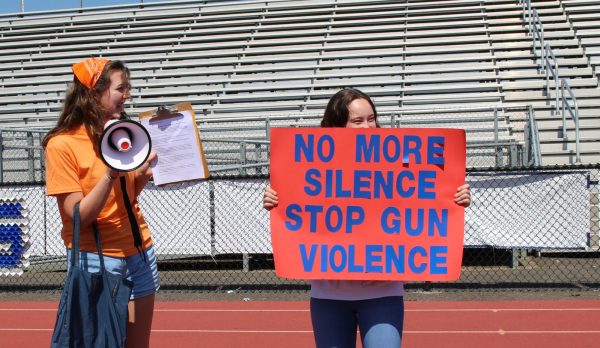Youngkin Introduces New Education Policies
Glenn Youngkin was sworn in as the first Republican governor in the Commonwealth since 2009 just after noon on January 15th, 2022. He then signed 11 executive orders, including two about a central point of his candidacy: education.
At the beginning of the campaign, Youngkin ran on a somewhat standard GOP platform: election security front and center. However, following the gubernatorial debate with Democratic candidate and former Governor Terry McAuliffe, Youngkin shifted to focus on education, advocating his belief in parents having the right to make decisions for their children regarding the Coronavirus and railing against the teaching of “Critical Race Theory.”
On Masking
On his first day, Youngkin issued a repeal on the statewide mask mandate for public school students.
Youngkin stated that parents, “may elect for their children not to be subject to any mask mandate in effect at the child’s school or educational program,” according to the Governor’s website.
“I think a school should be reflective of the community,” said Morgan Ball, a science and AVID teacher. “So, ideally the things the school is teaching should be in agreement with what the parents want, but it’s a public school not a private school, they don’t have the right to demand their child be taught exactly what they want them to be taught, or to be taught sans mask.”
Despite this order, Arlington Public Schools, as well as Fairfax County and Alexandria City, will continue to require masks to be worn in their halls. Arlington County has cited an existing Virginia Statute that was passed in 2021 which states that all counties must adhere to CDC masking guidelines. The CDC still recommends masks for those two years and older in indoor spaces. These school districts, as well as Prince William, Falls Church, Hampton, and Richmond Counties have now filed a lawsuit against the Governor’s Executive Order.
“I’m glad that FCPS chose to keep [the mask mandate], the kids here are always together, they’re always crammed in the school…so I would prefer to have the mandate just because it makes me feel better,” said Ian Braselman, a senior.
“I can understand the point of people wanting to get rid of them, because they can get annoying,” continued senior Nathan Shoemaker, “But they’re more useful than they are hurtful.”
These mandates also affect teachers, as they are state employees.
“[The Executive Order] makes me feel unsafe, and I feel like just because I’m an employee doesn’t mean I don’t have a right to safety,” said Ball.
There have been protests across the country, where parents have decried the mandates as a violation of their rights as parents.
“You are forcing people to do it, so I don’t know if that’s ethical, but the thing is, it’s for the greater good,” said Braselman.
According to Ball, as FCPS is a public school system, their job is to ensure the safety of all students, and that they are all able to learn safely.
“All the children includes children who are going through chemotherapy or who have autoimmune diseases or have various reasons why this pandemic would affect them more greatly than other children, and they have just as much of a right to learn, so if everyone wearing a mask makes it so people who are susceptible to this disease cannot die and are still able to go to school, I think as a country we’re obligated to do that,” said Ball.
On CRT
This is not the only move Youngkin has made regarding education in his short stay in office so far. Youngkin also issued a ban on the teaching of Critical Race Theory (CRT) in all schools, stating that, “Political indoctrination has no place in our schools…Inherently divisive concepts, like CRT and its progeny instruct students to only view life through the lens of race and presumes that some students are consciously or unconsciously racist, sexist, or oppressive, and that other students are victims.”
However, some students disagree with this idea Youngkin has put forward.
“I think teaching the whole version of [history]…that doesn’t make you uncomfortable doesn’t teach anything,” said Brooke Garvey, a senior.
“I think that now, especially for our high school, [one of] the most diverse high schools in FCPS, we’ve learned things without the filter in history classes, it’s literally just the raw form of American history, [and] I really appreciate it. You have to have acknowledgment in history,” said Amina Iman, another senior.
At its core, CRT is an academic concept which states that race is a “social concept,” according to Education Week, a news organization publishing information on education. The magazine adds that Critical Race Theory seeks to establish that racism is not just based on “individual prejudice” but that it has been embedded in the legal system in America.
“It is a theory taught in law schools around the country that examines the law through systemic racist or not racist outcomes that are embedded in our legal and other institutions,” said Daniel Baldwin, a history teacher at West Po.
It does not teach that individual people are racist, just that racism is a part of everyday life. According to the Washington Post, educators in Virginia have claimed that Critical Race Theory is not taught in any of their schools.
Youngkin began focusing on CRT, and education as a whole following a debate with candidate Terry McAuliffe, who said he didn’t believe parents should be allowed to tell schools what to teach. Youngkin pounced on this and began his platform of “Parents Matter” saying at a rally during the campaign, “We have a fundamental right to be engaged in our kids’ education.” This then built up into the position that it now seems to occupy, parents finally taking a stand, defending their children against the unsavory or inappropriate.
However, as Ms. Pendleton, a biology teacher, has said, there are already several ways that parents can get involved and have a part in determining their child’s education, such as attending school board meetings, the PTA, or even running for the school board. This is not a piece that will ever state that parents should not have an opinion on the welfare of their children.
CRT, as it has been all over the country, was one of the first things that was singled out as a threat to schoolchildren by then-candidate Glenn Youngkin’s campaign. However, his opinions about CRT are not shared by all students.
“I feel like [the ban] was probably done on impulse…like it was based off a party,” said Iman, “[But now] he’s the leader of a state, [he] needs to do what’s better for the people and its future generations, not something that just aligns with every single thing your party tells you to do. You’re just going by a party, what leadership do you truly have?”
Some are concerned that this move will actually harm history classes in Virginia and remove them from what they were.
According to Baldwin, “As someone that hopes to teach combating intolerance again next year, I worry that any course that engages in any controversial topics will become criminalized. I would just say that the point of history is not to list all the good things or bad things that happen, it’s really to work to strike a balance between those perspectives…The point of history is not to get students to love or hate their country but to prepare them to live in it.”
“I think that what he’s done [could] set history classes back 500 years or so,” said Garvey.
At the moment, there are some questions as to whether either of these executive orders will stand, since the Governor has very limited power over the Board of Education—who have staggered terms and are subject to approval by the General Assembly, which is split between Republicans and Democrats—or school boards which are elected on a county wide basis. The mask mandate repeal, as previously stated, is under threat from an existing statute, which would need to be repealed, which under a split legislature is unlikely.
In her Senior year at West Po, Mollie Shiflett wants to keep it real. She is Co-Editor-in-Chief of the West Po Wire and has been since sophomore year....


